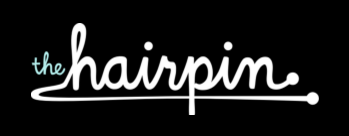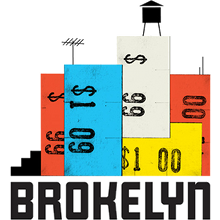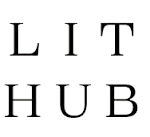If you’re looking for something to read that departs from the literature written about white folk by white men, you need to pick up a copy of the latest issue of Apogee. Rife with culture and social commentary and a myriad of international authors both male and female, Apogee delivers a collection of fiction, poetry, nonfiction, and art that I simply did not want to end.
[Apogee Journal is among] recent, new, and soon forthcoming literary journals that challenge the notion of the online and print magazine itself, that own and celebrate truly fresh aesthetics, and that remind us of the power of the work, collected and distributed with desired effect, with consistent and often powerful aim.
One term that speaks to what you’re saying is the term “ally,” which is a word in activist circles that people are comfortable using, whether as a queer ally, an ally for people-of-color, for women, etc. The term really isn’t used in literary circles so much. That is something that we’ve tried to introduce through Apogee Journal as a literary term — the idea of having literary allies.
Writer’s Relief’s list of “exemplary journals that promote authors of color from all walks of life.”
We do believe in the political and social power of literature, especially when it arises from voices seldom heard. While a lot of the work we publish in the journal and feature on our blog has explicitly political content, we believe that the written testimony of people of color, of women writers, of LGBT writers, and other marginalized groups is a political act in itself. Quoting Toni Morrison, “All good art is political.” In order for art to truly flourish, the perspectives and experiences of silenced voices must be heard; the status quo must be challenged.
Keenly focused on diversity, Apogee—meaning “the point in an object’s orbit that is farthest from the center”—aims to publish “art and literature that engage with issues of identity politics: race, gender, sexuality, class, and hyphenated identities.” Emerging in 2010 from Columbia University’s graduate program in creative writing, the newly biannual Apogee boasts a consensus-run editorial staff of women and people of color. The third print issue hit newsstands this past summer, including new fiction from James Yeh and poetry from Morgan Parker and Christopher Soto. Its online-only fourth issue comes out this month, and electronic submissions of poetry, fiction, and creative nonfiction are currently open for Issue 5, due out in print in Spring 2015
“The Western literary canon represents a paper thin slice of all the excellent writing that exists in the world, yet it dominates the narrative of what literature is,” write the editors of Apogee Journal. “Following the MFA vs POC debate … Apogee Journal will be compiling an Alternate Canon as a resource for readers, writers and teachers of writing.”
When crafting an issue, we try to create balance in both content and form–bringing together diverse perspectives and subjects, along with diverse structures…The prose, poetry, and art in Apogee speak to each other through a shared interest in challenging or interrogating the status quo, and through an urgency to name something: colonialism, racism, sexism, homophobia, one’s own identity.
Apogee is a newer journal, founded in 2011 by writers from the Columbia MFA program, that is publishing a lot of really interesting work
Apogee… looks for ‘the writing and writers that sit at a distance from the mainstream,’ and from what I’ve read, the editors hold up their end of the bargain.
10 indie Brooklyn literary magazines, and how to submit your work to them
“If I am sexually assaulted/violated/abused/harassed by a man in my community, what am I to do?” Writers respond to sexual violence in literary spaces.












